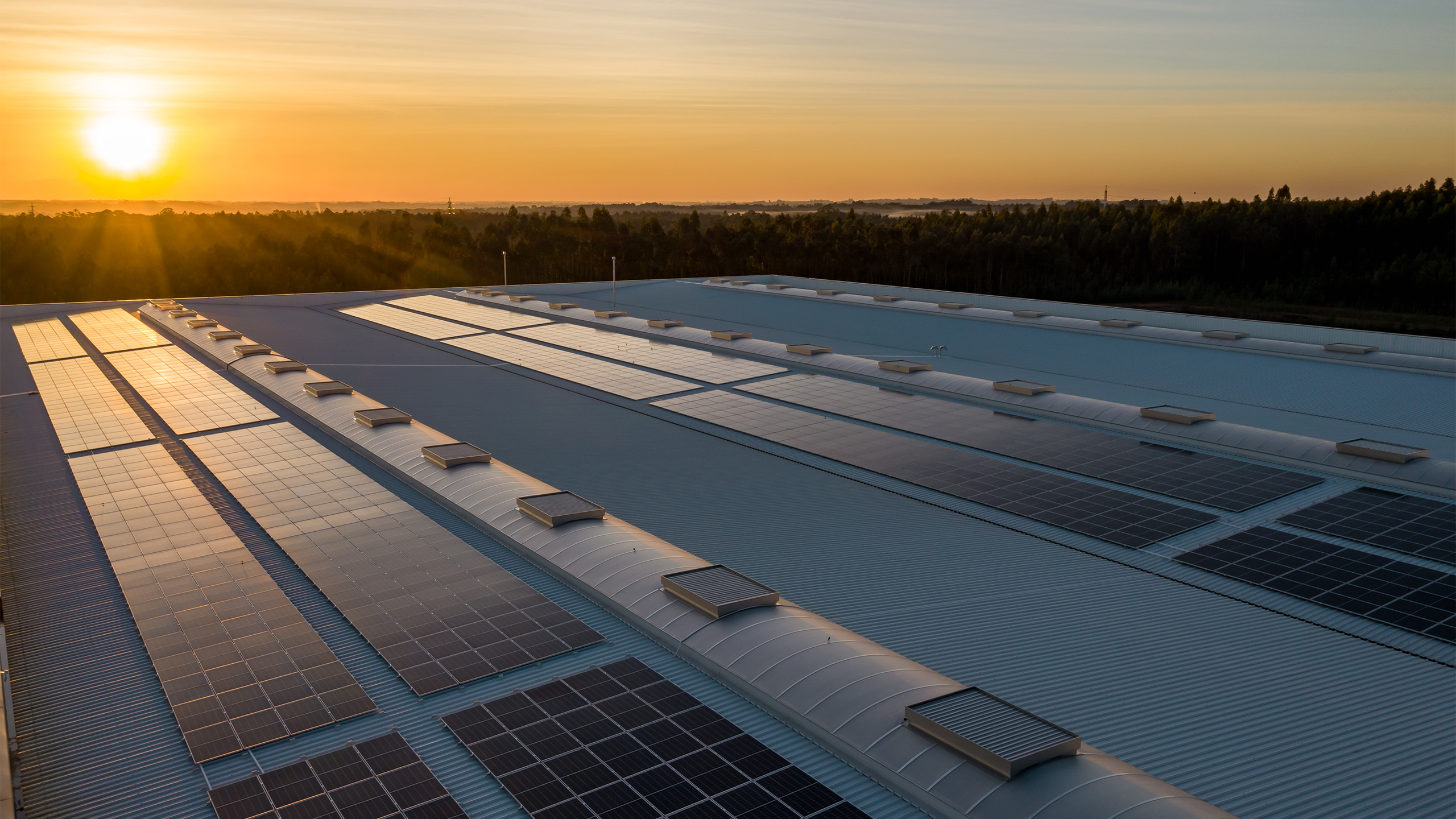Rising energy costs and growing environmental concerns have made solar power increasingly popular. Many households in the UK are now choosing to install solar panels to meet their energy needs. As a relatively new technology, there's still much to learn about the true durability of these panels. Solar energy began gaining traction in the UK around 2006-2008, and globally, very few panels are older than a decade. The world's first modern solar panel is just 60 years old and still functioning! This means we're constantly learning more about solar panels and improving maintenance practices to ensure they meet the demands of modern life. Like any investment, one of the first questions people have about solar panels is: how long will they last? Given their novelty, it's understandable that consumers want to know more about their longevity and maintenance. Generally speaking, solar panels are expected to last anywhere from 25 to 30 years. After this period, they don't stop working entirely; rather, they enter a phase where their efficiency begins to taper off slightly. Most panels can still produce around 80% of their original output even after 25-30 years, and with proper care, some newer models are expected to exceed this timeframe. According to the Centre for Alternative Technology, modern panels are proving to be more resilient than ever. Just like any electronic device, solar panels experience a gradual decline in performance over time. A 2012 study by the National Renewable Energy Laboratory (NREL) found that solar panels degrade by approximately 0.8% annually. However, advancements in technology have improved this rate significantly, with many modern panels now degrading at closer to 0.5%, or even less. Manufacturers typically provide warranties guaranteeing at least 90% performance in the first ten years and no less than 80% before the warranty expires. Some panels have even maintained efficiency above 80% beyond their predicted lifespan. At Project Solar, you can rest assured that our products come with exceptional warranties. Learn more about our lifetime guarantees today. To maximize the lifespan of your solar panels, there are several things you can do. Despite having no moving parts, panels are still susceptible to external factors such as harsh weather conditions. Panels are designed to withstand strong winds, hail, and heavy snow, but occasional microcracks can occur due to temperature fluctuations. These cracks can compromise electrical connections and allow moisture to penetrate, but built-in safeguards usually prevent widespread damage. In extreme weather situations, consider ways to protect your panels. For expert advice on shielding your panels, contact our friendly support team. Regular checks and maintenance can also play a crucial role in extending their lifespan. Here are some tips to keep your panels in top condition: Solar energy represents a forward-thinking choice for those concerned about the planet's future. The average solar panel lasts far longer than its 'Energy Payback Time' (EPBT), which refers to the period it takes for a panel to generate enough clean electricity to offset the energy used in its production. A 2010 study by Brookhaven National Laboratory found that the EPBT for solar panels is around six months. With technological advancements, this figure has likely decreased further today. Investing in solar isn't just environmentally responsible—it's also a smart financial decision. With rising gas prices powering UK electricity, switching to solar offers immediate savings on utility bills. Installing solar panels is not only an investment in the planet but also a prudent step toward securing your financial future. If you'd like to explore how solar energy could benefit you, don't hesitate to reach out today. Filling Machine,Automatic filling Machine,High speed filling machine,Semi fluid filling machine Wenzhou Selection Technology Co., Ltd. , https://www.zj-packaging.com